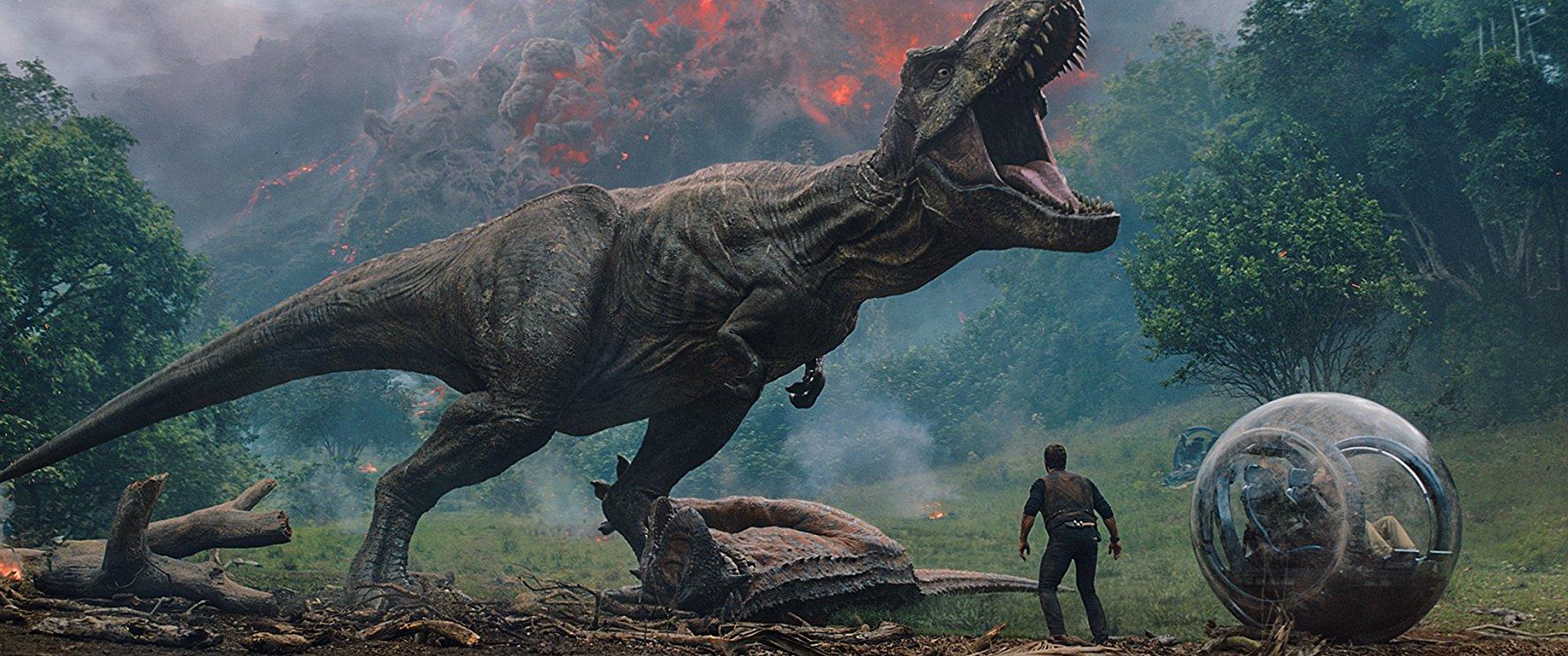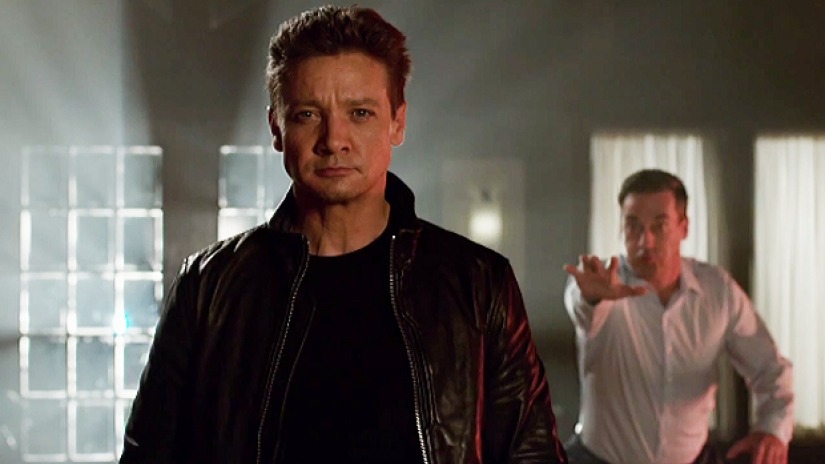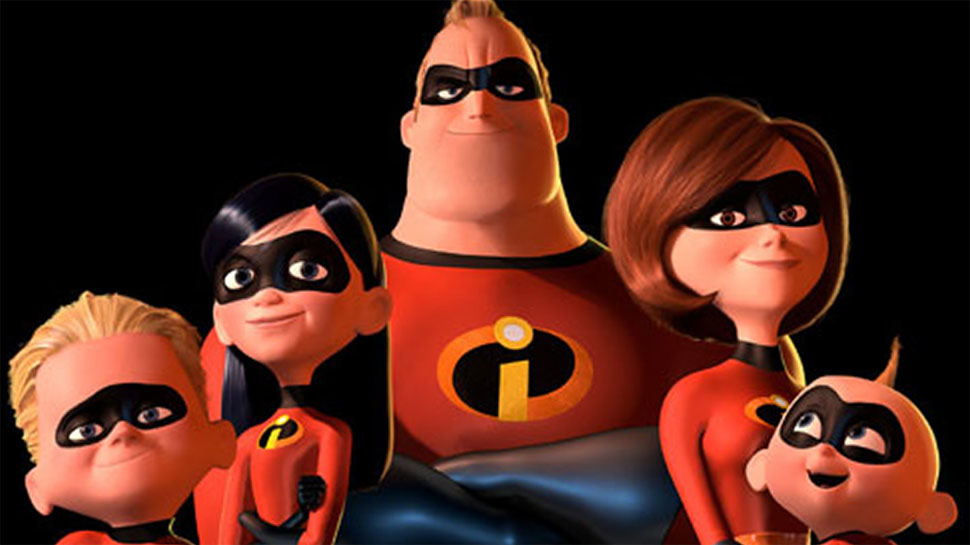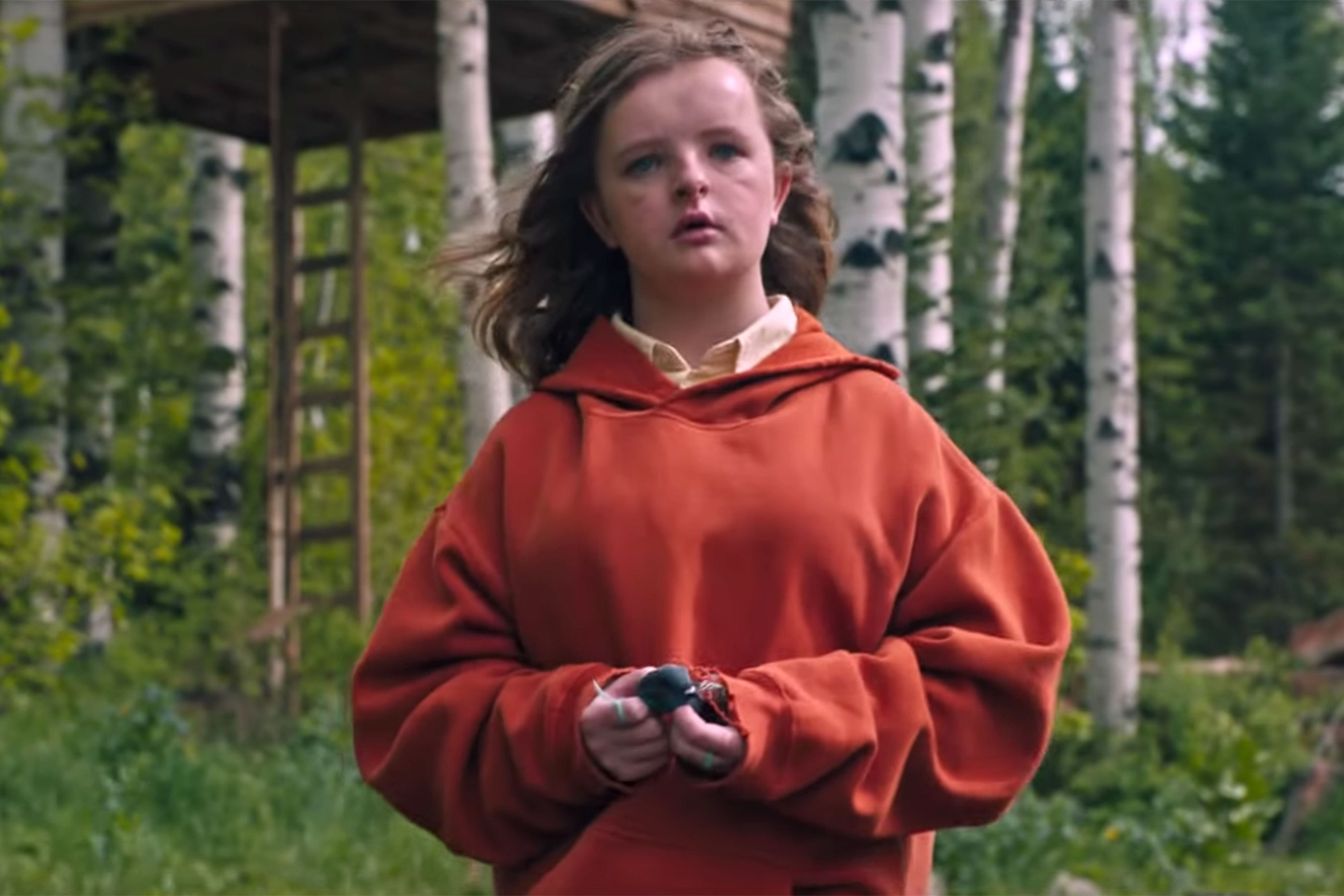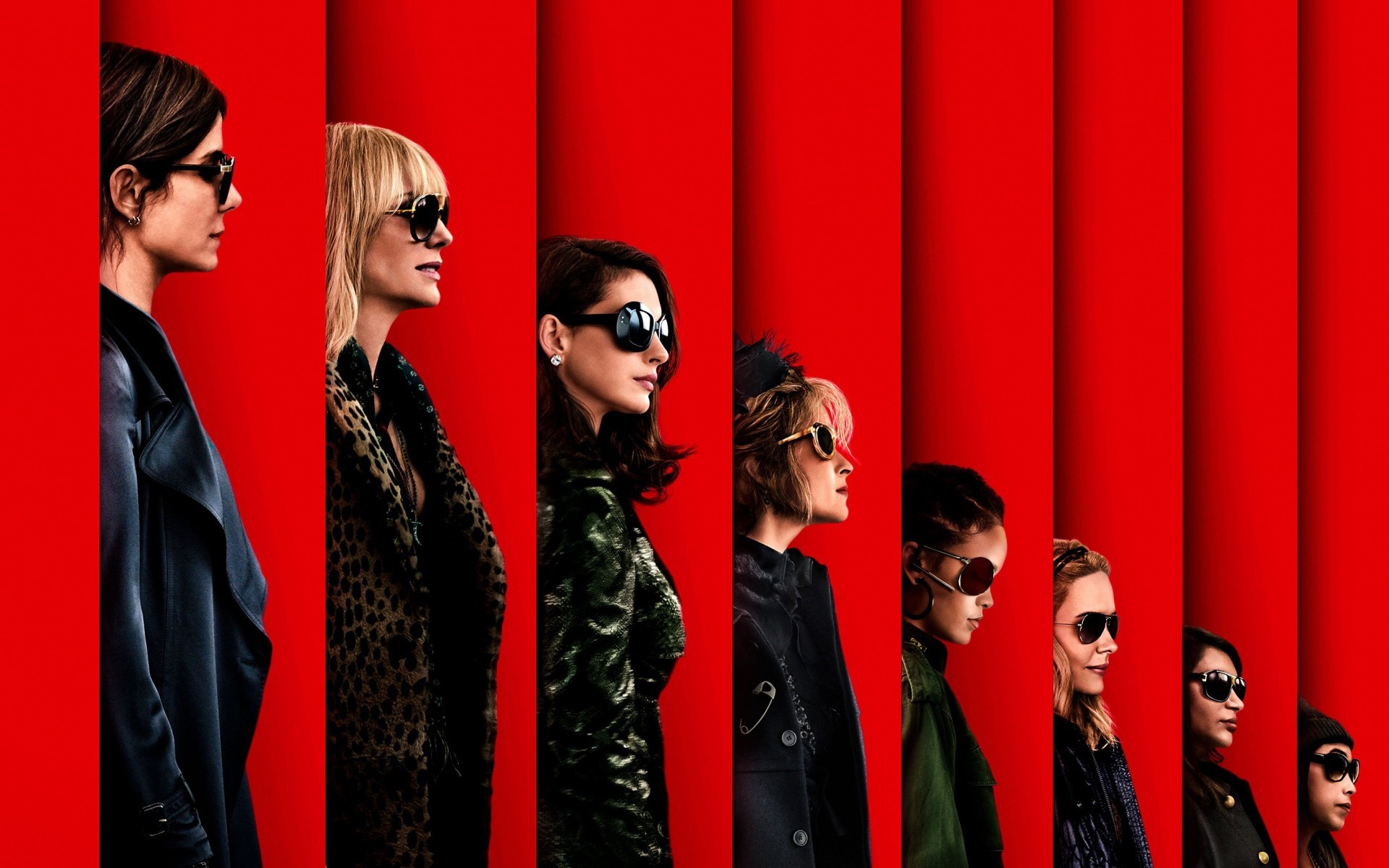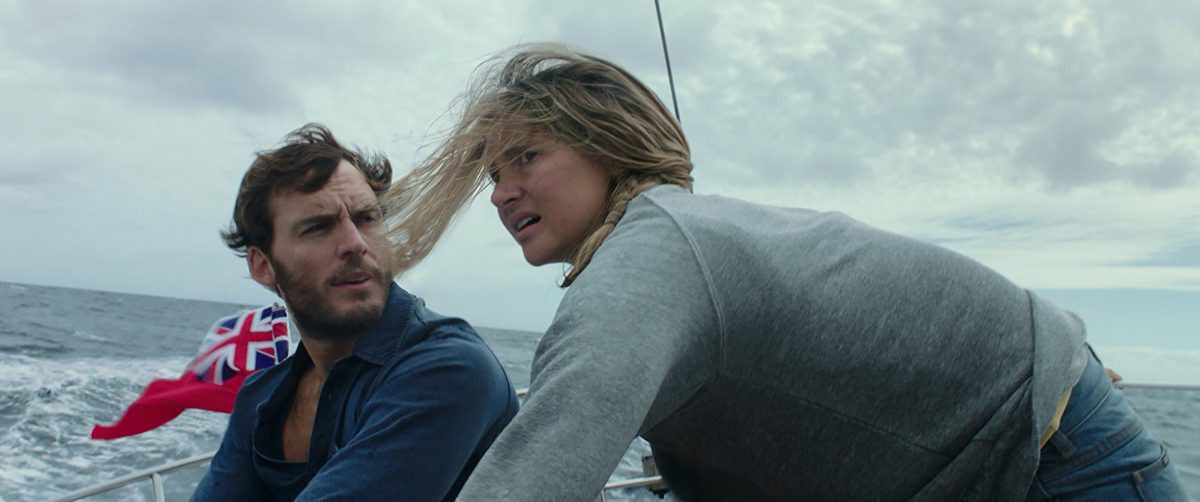Jurassic World: Fallen Kingdom
by Hope Madden
If you don’t know director J.A. Bayona, that’s unfortunate. His first three feature films—The Orphanage, The Impossible and A Monster Calls—emphasized storytelling skills that were equal parts visceral and poetic.
He picks up the Jurassic mantle with the latest in the franchise, Jurassic World: Fallen Kingdom. The visceral part seems likely, but dinosaur poetry? Sadly, no.
It’s been a few years since toothy, carnivorous hell broke loose on the island theme park Jurassic World. Though the un-Jurassic world has left those dinosaurs alone on their island—mostly—the island itself seems to be self-selecting extinction for the beasts, its now-active volcano an immediate threat to their very survival.
Claire Dearing (Bryce Dallas Howard) wants to save them. But how? I mean, dinosaurs are really big. Many of them bite. Interacting with them has proven dangerous and silly four different times. What’s a girl to do?
Well, put on some sensible shoes, for once, and take a deal from a dying old billionaire with a Hogwarts-style estate and a guilt complex. Benjamin Lockwood (James Cromwell), one-time partner of John Hammond (Richard Attenborough from the original film), wants to bring as many beasties as possible to a secluded island he owns where they’ll be safe.
Or is this just another example of idealistic lefties falling prey to greedy capitalists and scientists with their cadre of guns-for-hire?
It’s basically The Lost World with more volcano and less Vince Vaughn.
Howard’s Dearing—point of such contention in the previous installment with her severe hair, white pumps and icy demeanor just waiting to be melted by a real man—is simultaneously softer and stronger this time around. Howard, though, is mainly just dewy-skinned and earnest.
Chris Pratt returns as the real man in question, and he is as charmingly Chris Pratt as ever.
The real problem, besides the hackneyed and derivative story penned by Derek Connolly and Colin Trevorrow (who both penned Jurassic World, which Trevorrow directed), is Bayona’s tired direction.
Though he does not shy away from showing human carnage, there is not a fresh or compelling set piece in the film. What doesn’t feel directly lifted from earlier works plods along blandly, the only tension coming from the real curiosity about why the character hasn’t yet a) closed the door, b) climbed the ladder, c) run.
Yes, the sight of a volcano exploding on Hawaii (location for the filming) does generate some anxiety, and the sound of a child crying out near images of anything being caged against its will is even more horrific. It’s hard to credit Bayona for having his finger on the pulse of current events, though, given that he’d have completed shooting at least a year before our latest American shame.
Hell, dinosaurs would be a welcome change of pace at this point.
